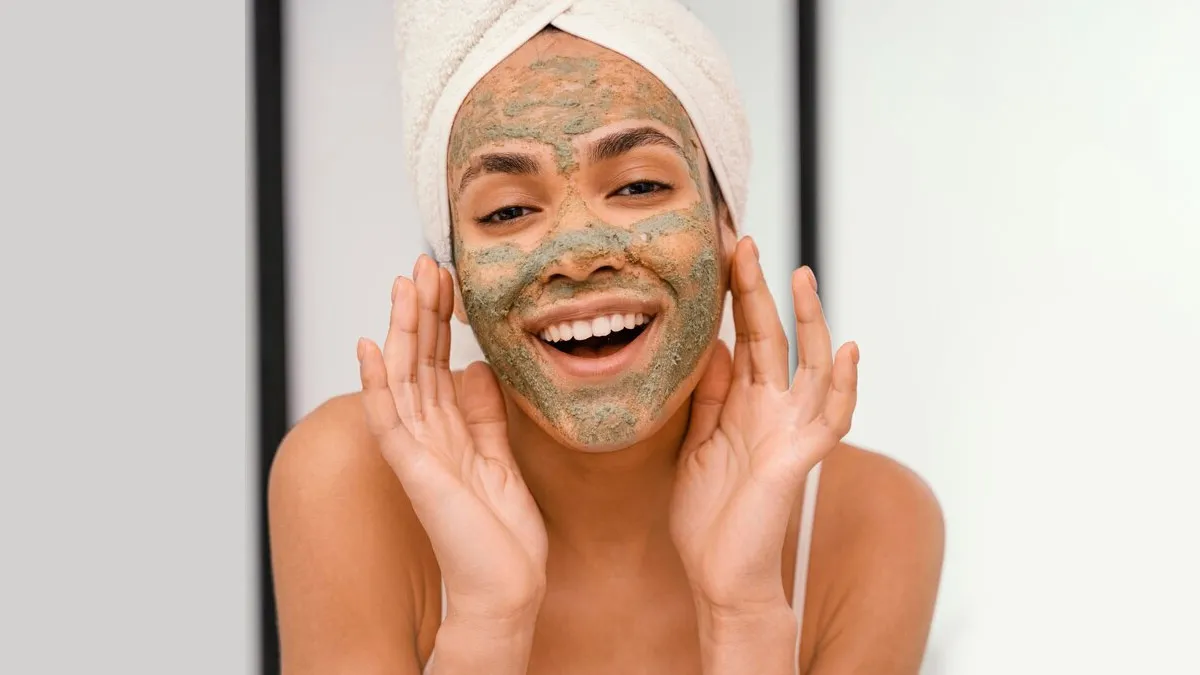
Exfoliation is a vital component of skincare, aiding in the removal of dead skin cells to reveal a fresher, more radiant complexion. While numerous commercial products are available, your kitchen harbours a plethora of natural ingredients that serve as excellent exfoliants. These not only cleanse effectively but also nourish the skin without the harsh chemicals found in some store-bought options. Let's delve into five such kitchen staples that can rejuvenate your skin.
Table of Content:-
1. Urad Dal (Black Gram):
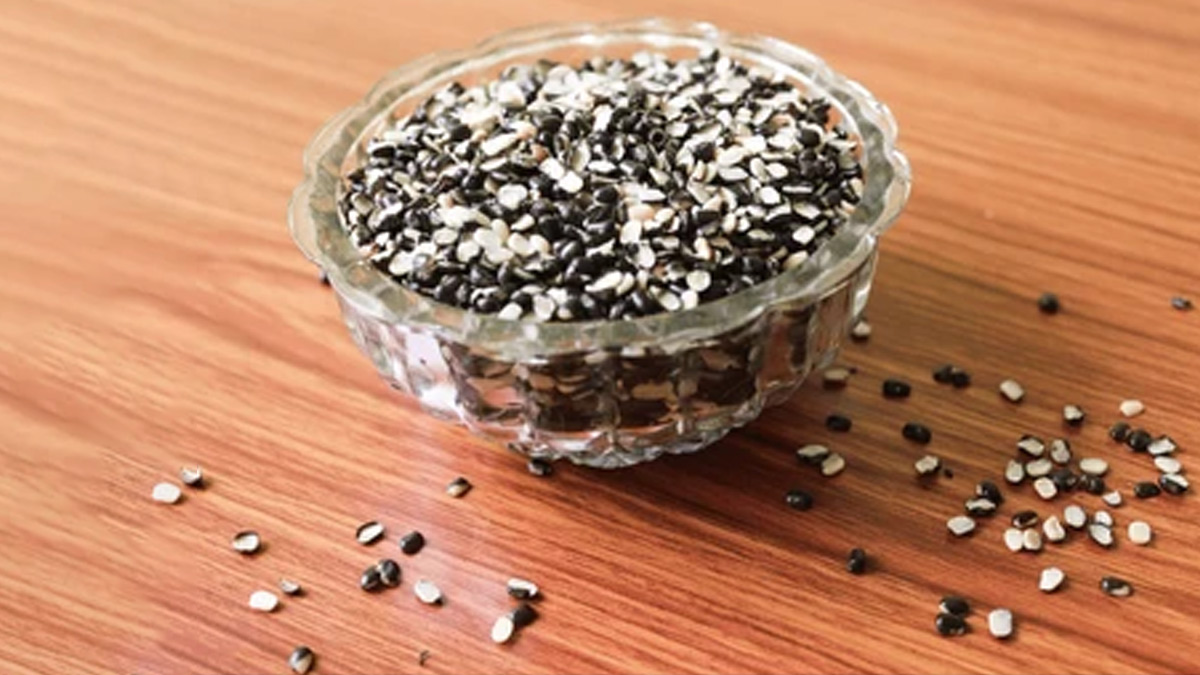
Urad dal, a staple in Indian cuisine, doubles as a gentle exfoliant. When ground into a fine paste, it can be used to slough off dead skin cells, promoting a smoother texture. Its inherent properties also aid in skin brightening and evening out the complexion. To create an exfoliating scrub, soak urad dal overnight, grind it into a paste, and gently massage onto the skin in circular motions before rinsing off.
2. Almond Paste:
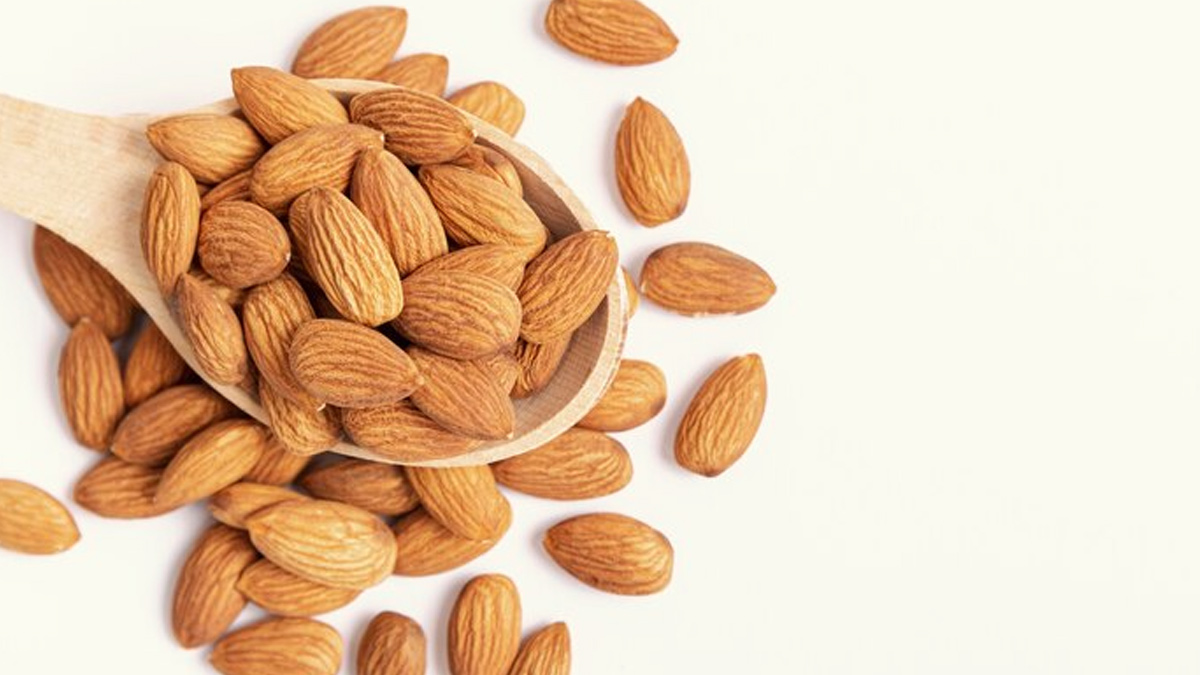
According to the National Institute of Health, Almonds are rich in vitamins E and A, which are beneficial for skin health. When ground into a paste, they act as a mild exfoliant, helping to remove impurities and dead skin cells. Additionally, almonds provide deep nourishment, leaving the skin soft and supple. To prepare, soak almonds overnight, blend into a fine paste, and apply to the skin, massaging gently before rinsing.
3. Oatmeal:
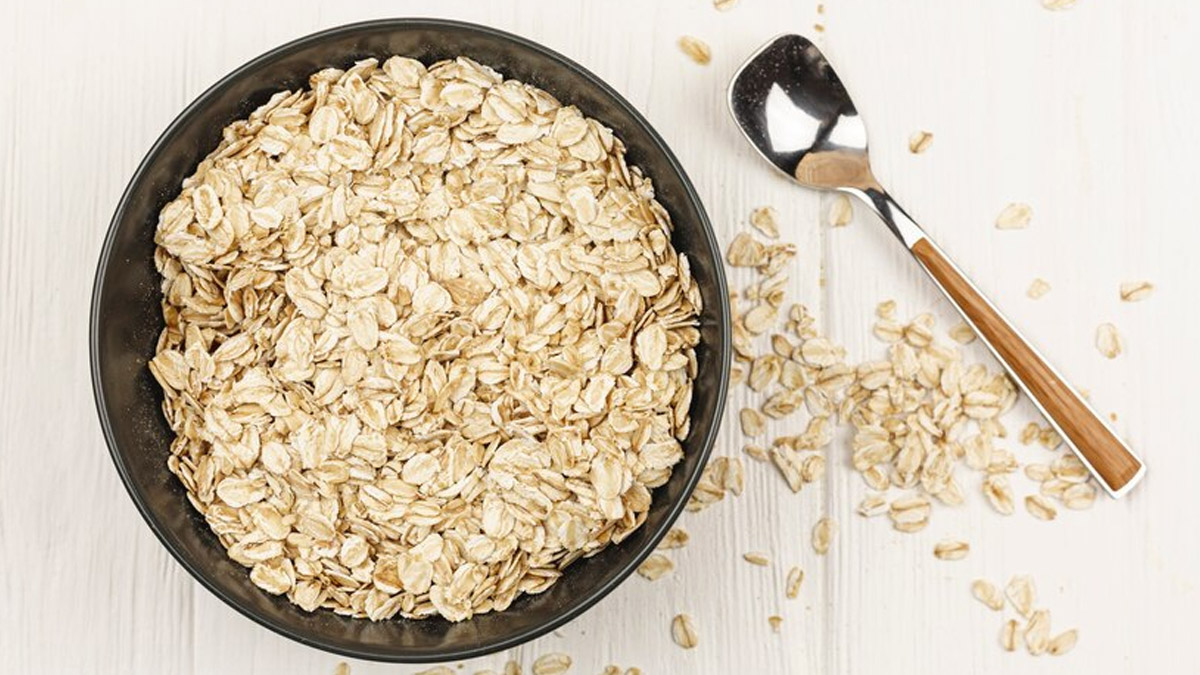
Oatmeal is renowned for its anti-inflammatory and antioxidant properties, making it suitable for sensitive skin. Finely ground oats can gently exfoliate without causing irritation. A study highlighted that oatmeal contains compounds like avenanthramides, which have soothing effects on the skin. To use, mix ground oatmeal with a bit of water or yogurt to form a paste, apply to the face, and massage gently before rinsing.
4. Sugar:
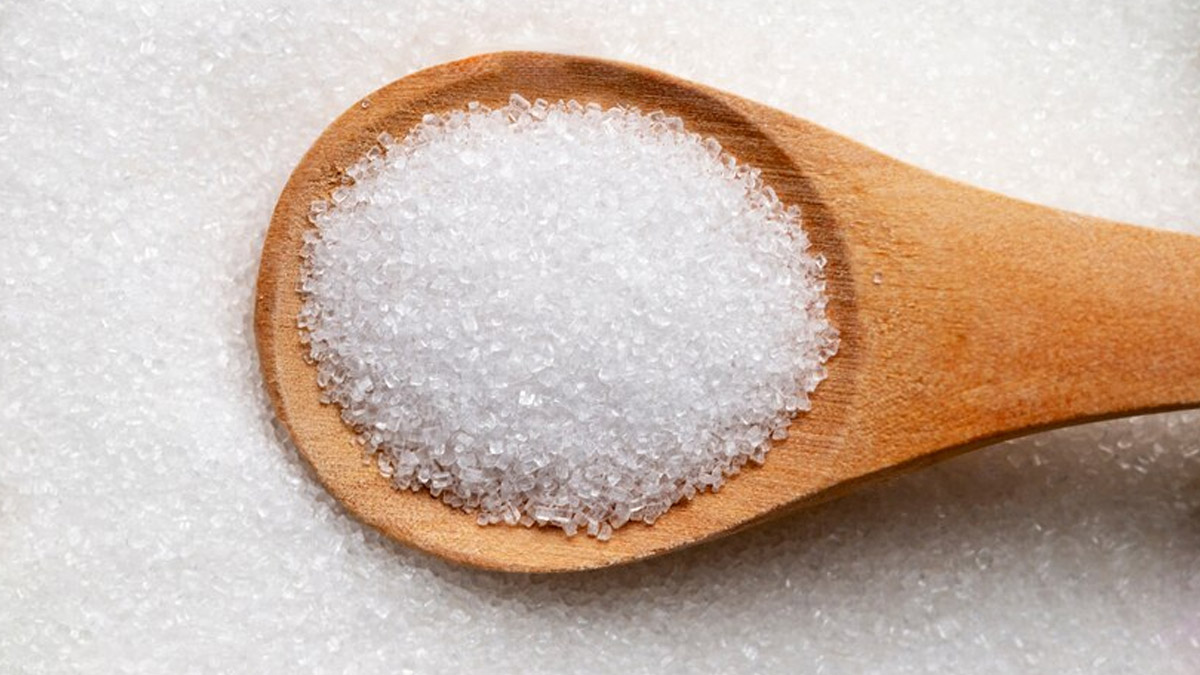
Sugar is a natural source of glycolic acid, an alpha-hydroxy acid that promotes cell turnover. Its granular texture makes it an effective physical exfoliant. Research indicates that glycolic acid can improve skin texture and hydration. For a simple scrub, combine sugar with honey or olive oil to create a paste, then gently massage onto the skin and rinse off.
Also read: Dealing With A Flaky Forehead? Try These DIY Face Packs To Get Rid Of Dead Skin
5. Coffee Grounds:
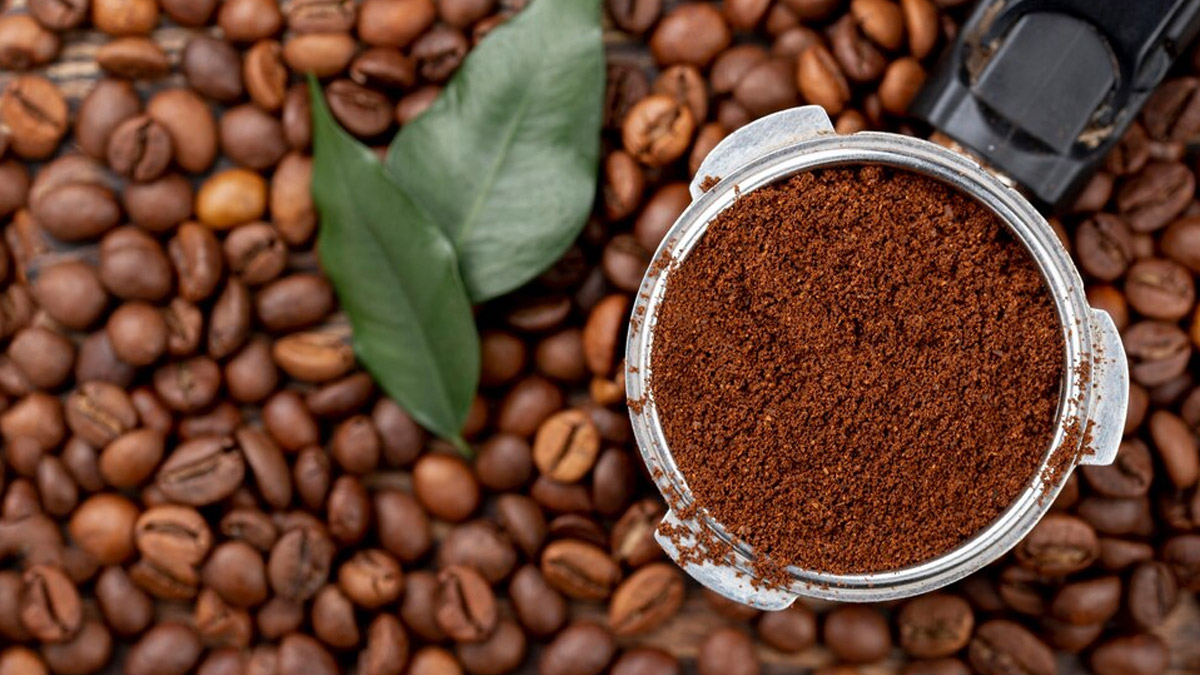
Used coffee grounds are excellent for exfoliation, thanks to their coarse texture. They help in removing dead skin cells and can improve blood circulation due to the caffeine content. A study found that caffeine has antioxidant properties, which can protect the skin from damage. Mix coffee grounds with coconut oil to form a scrub, apply to the skin, and massage in circular motions before rinsing.
Safety and Usage Tips:
- Patch Test: Before applying any new ingredient to your face, conduct a patch test on a small area of skin to check for any adverse reactions.
- Gentle Application: Use gentle, circular motions when applying these exfoliants to avoid skin irritation.
- Frequency: Limit exfoliation to 1-2 times per week, depending on your skin type, to prevent over-exfoliation.
- Moisturise: After exfoliating, always apply a moisturiser to keep the skin hydrated.
Incorporating these natural kitchen ingredients into your skincare routine can offer a cost-effective and gentle way to maintain healthy, glowing skin. Always listen to your skin's needs and adjust your regimen accordingly.
Also watch this video
How we keep this article up to date:
We work with experts and keep a close eye on the latest in health and wellness. Whenever there is a new research or helpful information, we update our articles with accurate and useful advice.
Current Version